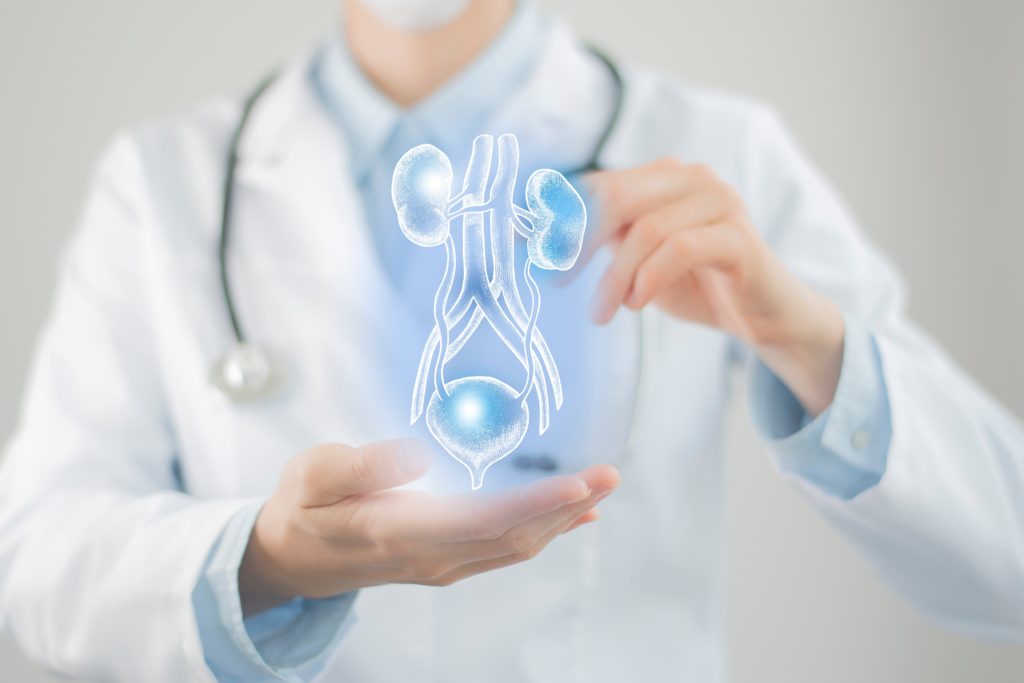Breaking the Silence: Understanding and Treating Women’s Cystitis
Urinary tract infections (UTIs), also known as cystitis, are a common problem among women. In fact, it’s estimated that up to 50% of women will experience a UTI at some point in their lives. Despite its prevalence, many women still feel embarrassed to discuss their symptoms or seek treatment for cystitis. In this article, we’ll break the silence on this uncomfortable topic by discussing the causes of cystitis, common symptoms, and effective treatments to help you alleviate your discomfort and improve your urinary health.
What is Cystitis?
Cystitis is an inflammation of the bladder that is usually caused by a bacterial infection. This infection can occur when bacteria from the anus enter the urethra and travel up into the bladder. Women are more susceptible to cystitis than men because their urethras are shorter, which makes it easier for bacteria to enter the bladder.
Common Symptoms of Cystitis
The symptoms of cystitis can vary from person to person, but some common symptoms include:
- Frequent urination
- Pain or burning sensation when urinating
- Cloudy or strong-smelling urine
- Pressure or pain in the lower abdomen or back
- Feeling generally unwell or fatigued
If you are experiencing any of these symptoms, it’s important to seek medical attention right away. Cystitis can be a serious condition if left untreated, and can lead to more severe infections such as pyelonephritis, a kidney infection.
Effective Treatments for Cystitis
If you are diagnosed with cystitis, your doctor will likely prescribe a course of antibiotics to clear up the infection. In addition to medication, there are several steps you can take to help alleviate your discomfort and improve your urinary health:
- Drink plenty of water: Staying hydrated can help flush bacteria out of your bladder and reduce your risk of developing a UTI.
- Avoid irritants: Avoid using products that may irritate your genital area, such as scented soaps or bubble baths. These products can disrupt the natural balance of bacteria in your vagina, which can increase your risk of developing a UTI.
- Use a heating pad: Applying a heating pad to your lower abdomen can help reduce pain and discomfort associated with cystitis.
- Practice good hygiene: Wipe from front to back after using the bathroom, and urinate after sexual activity to help flush out any bacteria that may have entered your urinary tract.
Preventing Cystitis
While cystitis can be an uncomfortable and painful condition, there are steps you can take to reduce your risk of developing a UTI. Here are some tips to help you prevent cystitis:
- Drink plenty of water to stay hydrated and flush bacteria out of your urinary tract.
- Urinate frequently, and don’t hold your urine for long periods of time.
- Wipe from front to back after using the bathroom to avoid transferring bacteria from the anus to the urethra.
- Urinate after sexual activity to help flush out any bacteria that may have entered the urethra.
- Avoid using products that may irritate your genital area, such as scented soaps or bubble baths.
Don’t suffer in silence. If you are experiencing symptoms of cystitis, seek medical attention right away. With proper treatment and prevention strategies, you can alleviate your discomfort and improve your urinary health.

Natural Remedies for Cystitis In addition to antibiotics and preventative measures, there are also natural remedies that can help alleviate the symptoms of cystitis. Here are a few options to consider:
- Cranberry juice: Drinking unsweetened cranberry juice can help prevent bacteria from sticking to the walls of the bladder and urethra. However, it’s important to note that cranberry juice is not a substitute for antibiotics if you have an active UTI.
- Probiotics: Taking probiotics can help maintain the natural balance of bacteria in your vagina and urinary tract, reducing your risk of developing a UTI.
- D-mannose: D-mannose is a type of sugar that can help prevent bacteria from sticking to the walls of the bladder and urinary tract. It’s available in supplement form and can be taken as a preventative measure or to alleviate symptoms of an active UTI.
It’s important to note that while natural remedies can be effective, they should not be used as a substitute for medical treatment if you have an active UTI.
Breaking the silence on women’s cystitis is important for improving women’s health and well-being. By understanding the causes, symptoms, and treatments for cystitis, women can take steps to alleviate their discomfort and prevent future UTIs. Remember, don’t suffer in silence, seek medical attention right away if you suspect you have cystitis.

